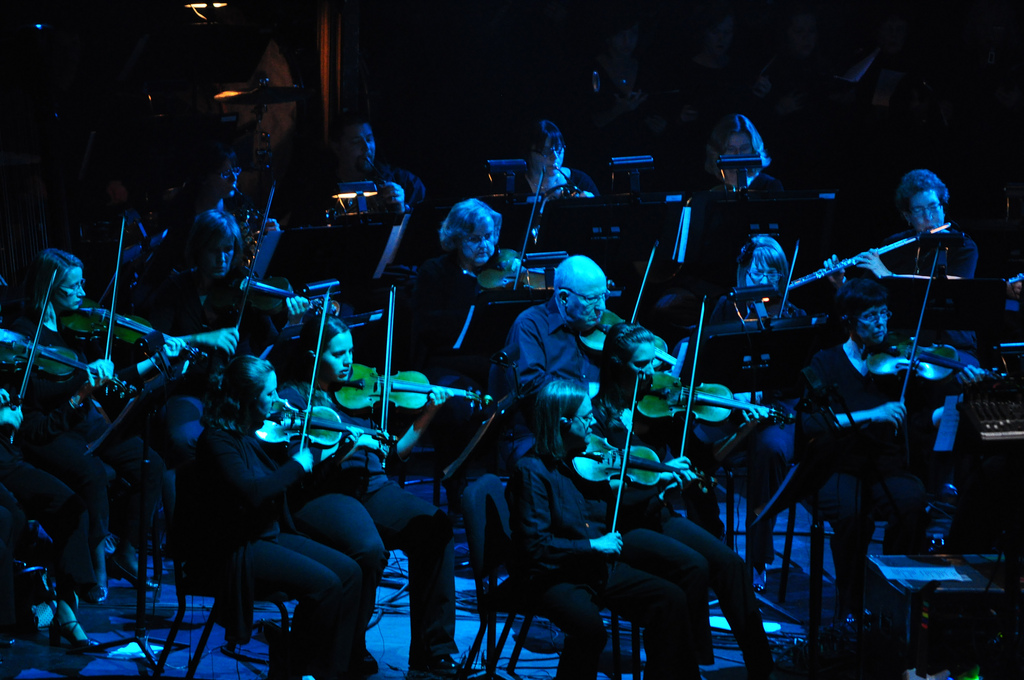Videogames are an important 'access point' for classical music, says Royal Philharmonic Orchestra
And just as important as attending real-life concerts.

Earlier this month, the PCG Q&A asked: What piece of game music is always stuck in your head? The answers there alone illustrate just how diverse videogame music can be. When it comes to introducing children to classical music, the head of the UK's Royal Philharmonic Orchestra reckons game tunes are just as important as real-life concerts.
In conversation with The Telegraph, James Williams, managing director at the RPO, says game music is a great "access point" for children when first discovering classical music.
"I think exposure to orchestral music in all its forms is a fantastic thing," says Williams. "It is encouraging to hear that there are platforms and opportunities for young people to engage with orchestral music, albeit in different mediums. It is about sparking their interest.
"What we are finding is once we have lit that fire there is a real desire to carry that journey on and explore. If [videogames] are the trigger and the catalyst that can only be a really positive thing."
[Having missed the PCG Q&A linked above, the 'Wilderness' theme from the Mega Drive/Genesis' Cosmic Spacehead is one of my own all-time faves.]
The Telegraph reports that a recent YouGov poll said under one in six (15 percent) children listen to classical music "when it’s part of a computer game I’m playing"; compared to just 11 percent who answered "when I go to music concerts".
According to the poll, the majority of children discover classical music by way of film and television. According to Williams, videogame music attracts "very prestigious" composers and is "recognised as an art form in its own right".
Keep up to date with the most important stories and the best deals, as picked by the PC Gamer team.
The Telegraph's report can be read in full this way. Of course, with all this talk of game music, it'd be remiss of me to not point you towards my conversation with esteemed Silent Hill composer Akira Yamaoka from Gamescom last year.

